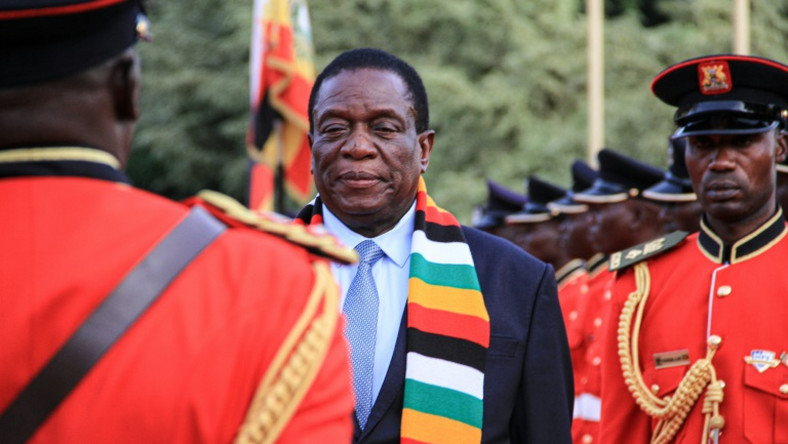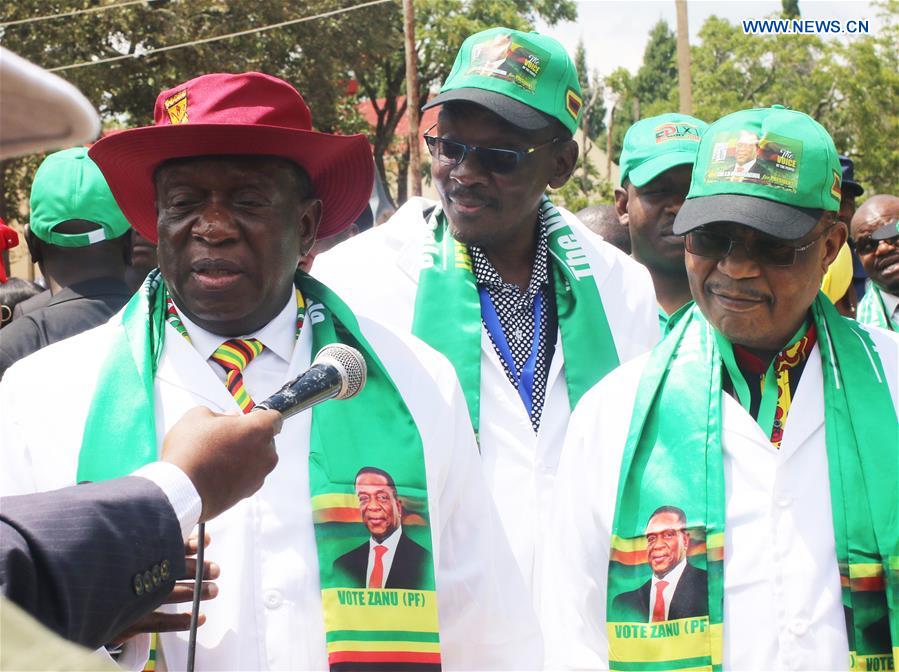
One of the two companies that markets CAR-T cell therapies for blood cancer will have to pay more than $700 million to a competing company and a cancer hospital over allegations that its product violated one of their patents.
A jury in the U.S. District Court for the Central District of California in Los Angeles ordered Gilead Sciences subsidiary Kite Pharma to pay $752 million to Juno Therapeutics – now part of Bristol-Myers Squibb – and New York’s Memorial Sloan Kettering Cancer Center after finding that Kite’s Yescarta (axicabtagene ciloleucel) violated an MSKCC patent that Juno had licensed. The suit was filed in 2017.
The award includes $585 million in damages and 27.6% of running royalty on sales of Yescarta. Sales of Yescarta were $264 million in 2018. Gilead acquired Kite for $11.9 billion in 2017.
On Friday, shares of Gilead closed down 2.75% on the Nasdaq from their Thursday closing price.
The patent in question, U.S. Patent No. 7,446,190, concerns the processes used to encode T cells with chimeric antigen receptors, or CARs, costimulatory domains and other components that enable them to target CD19. CD19 is a protein widely expressed on the surface of cells in certain blood cancers, particularly acute lymphoblastic leukemia and non-Hodgkin’s lymphomas. Kite won approval for Yescarta in October 2017 as a treatment for diffuse large B-cell lymphoma, a form of NHL. The other marketed CAR-T therapy is Novartis’ Kymriah (tisagenlecleucel), for DLBCL and acute lymphoblastic leukemia. Juno’s lead product candidate is lisocabtagene maraleucel, for which it intends to file for FDA approval by the end of this year.
In an emailed statement, Gilead said, “We remain steadfast in our opinion that Sloan Kettering’s patent is infringed and is invalid. Given that Kite independently developed Yescarta and assumed all of the risk in its discovery and development, we do not believe Sloan Kettering and Juno are entitled to any level of damages.”
In an emailed statement, a BMS spokesperson said the company was pleased with the verdict. “Bristol-Myers Squibb is committed to defending its intellectual property and that of its research partners and protecting the incentives that drive innovative research, including our pipeline of CAR-T therapies,” the statement read.
Kite had sought to invalidate the claims in the ‘190 patent by filing an inter partes review in August 2015. However, the Patent Trial and Appeal Board upheld the patent in its final decision, in December 2016. Kite subsequently partnered with researchers at the National Cancer Institute, and Juno alleges in its complaint that it used MSKCC’s patented research to develop its own CAR-T construct, Yescarta, which at the time carried the development name KTE-C19.
In a note Friday afternoon, Baird analyst Brian Skorney wrote that investors expect Gilead to divest Kite, following an announcement by CEO Daniel O’Day that Gilead would have the company operate as a separate business.
“All told, we continue to expect that, regardless of the ultimate outcome of this litigation, the $12B acquisition of Kite by Gilead will ultimately be viewed regrettably (if it isn’t already),” Skorney wrote. “The market for CAR-T therapies simply does not seem to be large enough to support the high price Gilead paid for Kite and the [cost of goods sold] now (should this order hold) are likely to make any future margin close to non-existent.”
Photo: Getty Images









 Jordan Rothman is a partner of
Jordan Rothman is a partner of 








